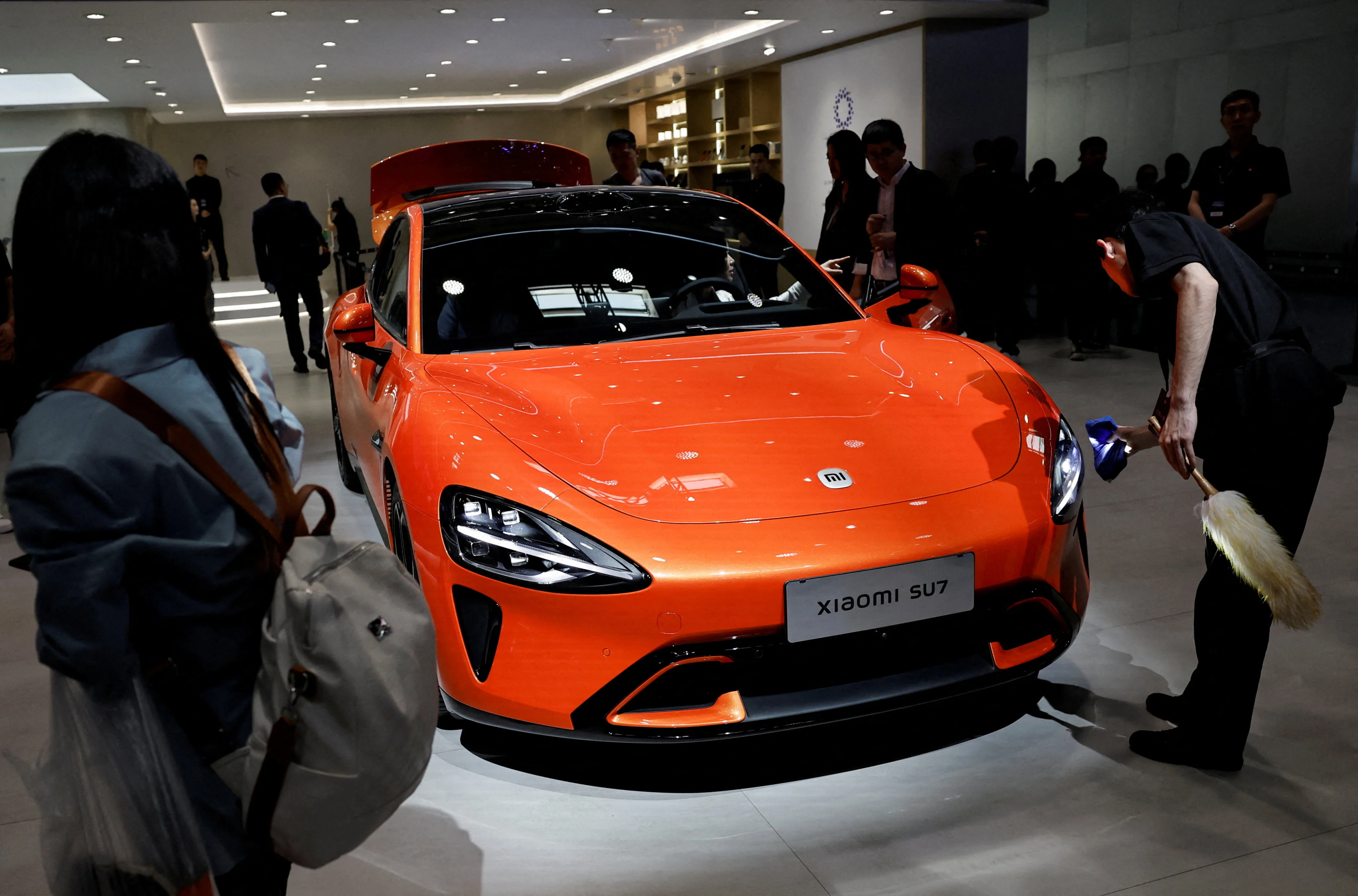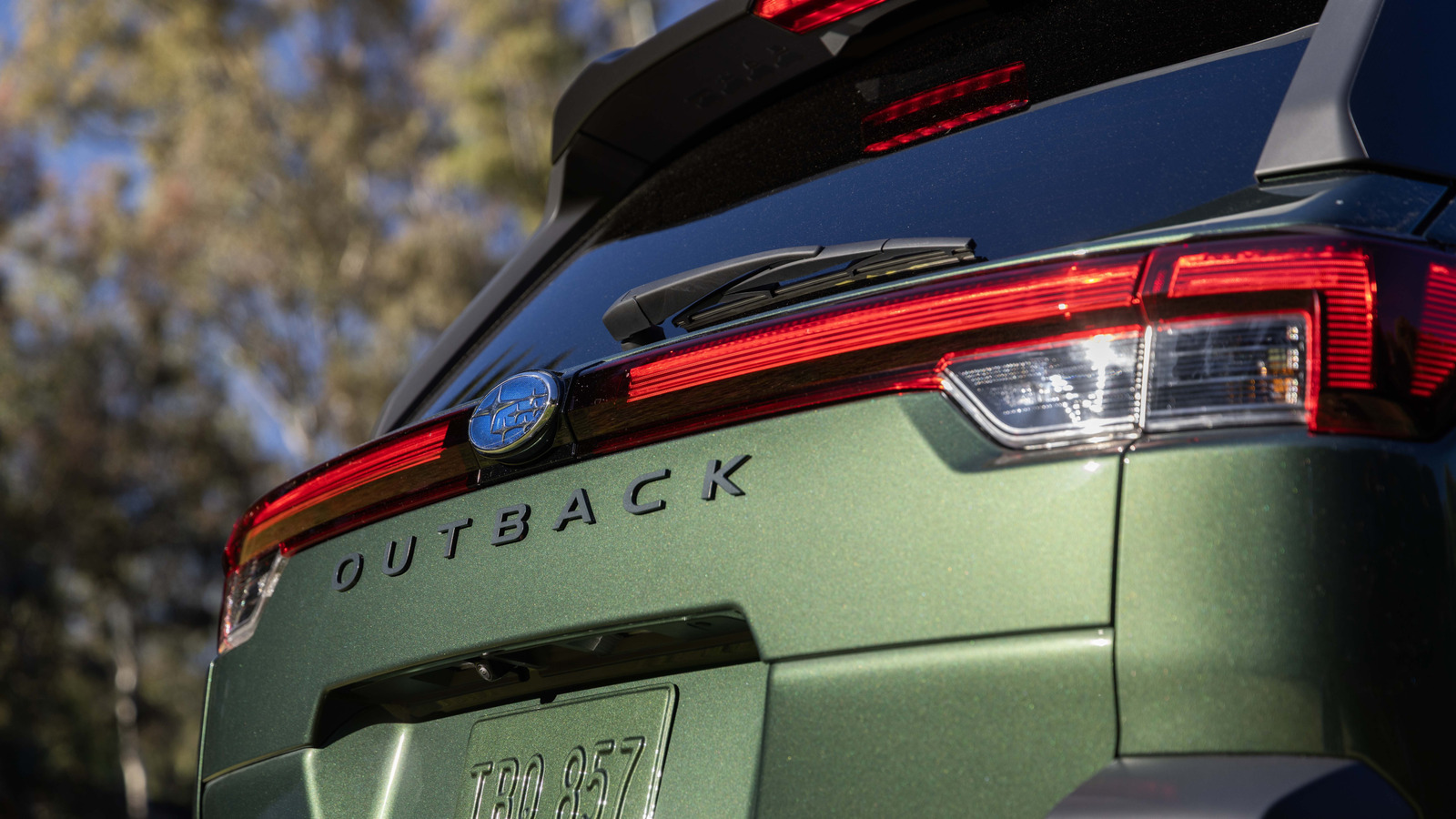By Daniel Ren
Copyright scmp

Chinese electric vehicle (EV) manufacturer Xiaomi is recalling more than one-third of its cars owing to flaws in its driver-assistance software, following a fatal accident involving one of its SU7 sedans about six months ago.
A total of 116,877 fully electric SU7 vehicles produced between February 6, 2024, and August 30, 2025, would be recalled, according to a statement released by the State Administration for Market Regulation on Friday.
The statement said that Xiaomi’s driver-assistance system had “insufficient recognition capability and may not adequately detect and warn drivers in certain scenarios”, as per the standards of Level 2, or L2, self-driving systems.
Xiaomi said it would address the technical issues through an over-the-air software update.
The company’s shares fell 1.4 per cent to HK$56.05 on Friday morning.
Most self-driving systems available in mainland China are classified as either L2 or L2+, both of which require drivers to keep their hands on the wheel at all times, according to SAE International, a global standards organisation based in the US.
Since their launch early last year, 305,055 SU7 vehicles had been delivered to mainland customers as of July 2025, data from the China Automotive Technology and Research Centre showed.
“A recall due to a faulty driver-assistance system may deter some Chinese consumers from buying Xiaomi cars,” said Chen Jinzhu, CEO of consultancy Shanghai Mingliang Auto Service. “But the recall also shows Xiaomi’s commitment and confidence in resolving the issues.”
Chinese authorities have tightened their oversight of driver-assistance systems and early-stage autonomous driving technologies after three people died in an accident involving an SU7 in Tongling, central Anhui province, in March. The vehicle’s driver-assistance system alerted the driver to take control just two seconds before the EV crashed into a barrier at high speed.
The incident raised concerns about the safety and reliability of vehicles equipped with driver-assistance systems.
In April, the Ministry of Industry and Information Technology began monitoring street tests of driver-assistance systems and scrutinising marketing claims related to these technologies. The regulator warned carmakers against overstating the capabilities of their driver-assistance systems.
Beijing has yet to approve the commercial use of Level 3 systems, which are considered “hands-off” but still require drivers to be ready to take control.
Only a limited number of driverless robotaxis are permitted to offer commercial services in designated areas of major cities like Shanghai and Beijing.
The SU7 is Xiaomi’s first production model and is viewed as a strong competitor to Tesla’s Shanghai-made Model 3. The Beijing-based company entered the EV arena four years ago and has emerged as a significant player in the fiercely competitive Chinese car market.
In June, Xiaomi said it received 200,000 pre-orders for its second model, the YU7 SUV, within three minutes after bookings opened. That number rose to 240,000 within the first 18 hours. Such enthusiasm for a new EV is rare in China, where monthly sales of 10,000 units for a single model is typically seen as a success.



